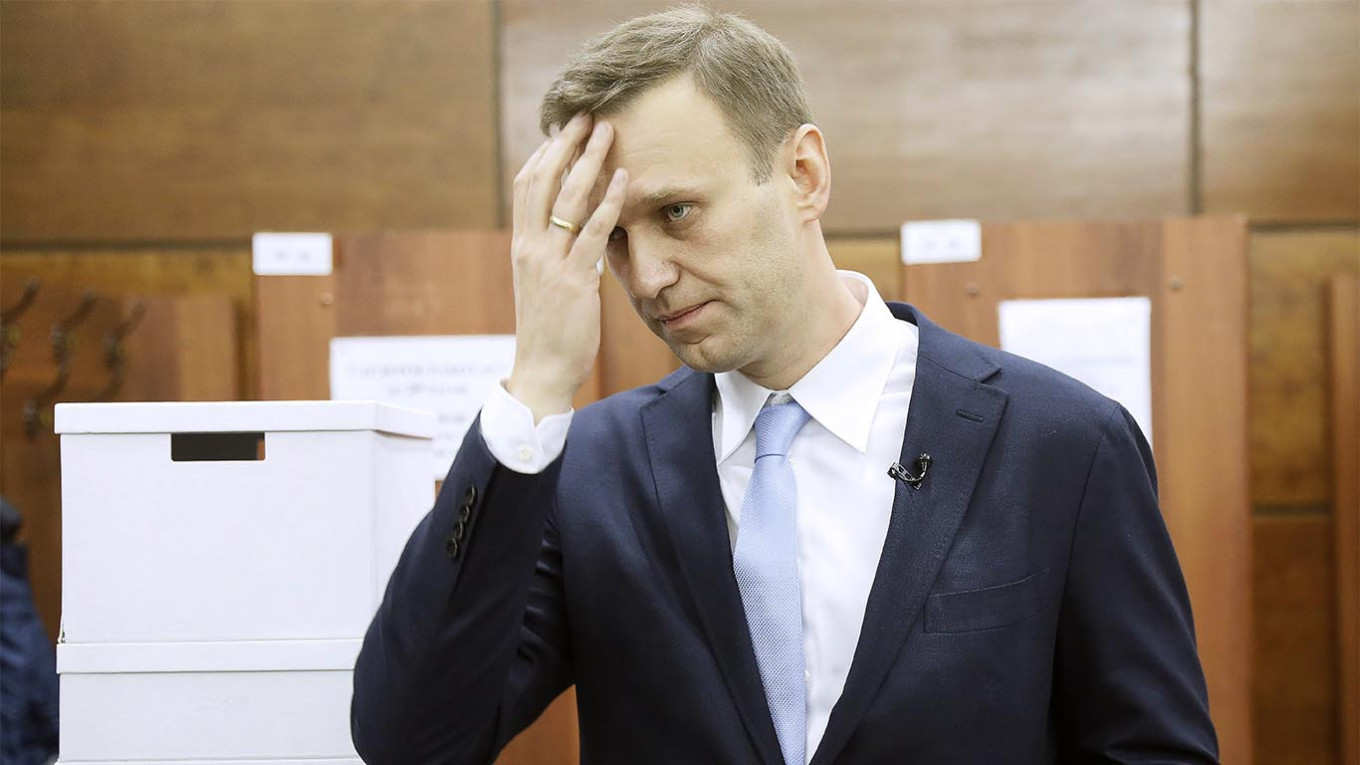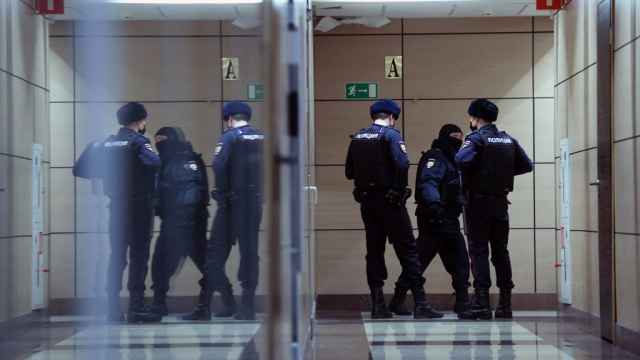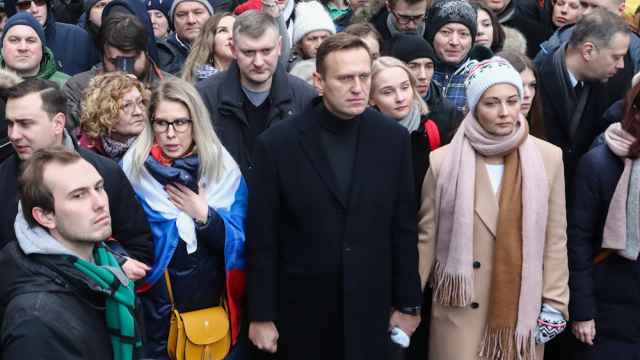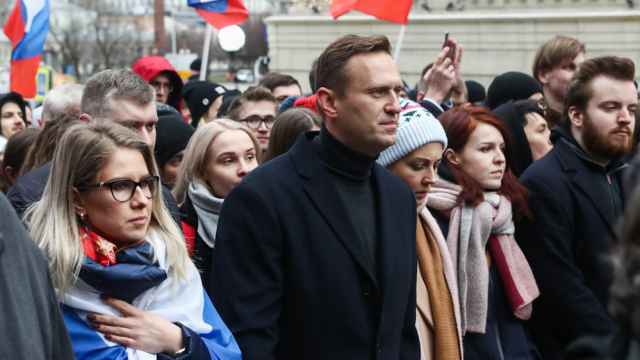Leading Kremlin critic Alexei Navalny has been transferred to a penal colony where he will serve out his jail sentence, the head of Russia's prison service said on Friday.
President Vladimir Putin's most prominent opponent was this month sentenced to two years and six months in a penal colony for breaching parole terms while he recovering in Germany from a nerve agent poisoning.
"He has been transferred to where he is supposed to be under the court ruling," state news agency RIA Novosti quoted Alexander Kalashnikov, the head of the Federal Prison Service, as saying.
Kalashnikov did not disclose the name of the prison but insisted that Navalny would serve his sentence in "absolutely normal conditions."
"I guarantee that there exists no threat to his life and health," he added.
Last week the European Court of Human Rights ordered Russia to release Navalny, saying his life was in danger in prison, but Moscow swiftly rejected the call.
A spokeswoman for the Federal Prison Service said she could not provide further details and was not at liberty to release personal data about convicts.
Navalny's lawyer Vadim Kobzev told AFP on Friday he was still unaware of his client's whereabouts.
On Thursday, the opposition politician's defense team said Navalny had been transferred from a Moscow jail to an unknown location, possibly to a penal colony.
Looming EU sanctions
Navalny spent months recovering in Germany from the poisoning with the Soviet-era nerve agent Novichok that saw him fall ill on a flight in Siberia in August.
Russia has denied involvement but Navalny has said it was ordered by Putin.
Navalny was arrested on return to Moscow in mid-January, sparking a wave of protests across the country and a brutal police crackdown.
Rights groups at home and abroad as well as leaders of Western countries condemned his detention and called for his immediate release.
EU foreign ministers this week agreed to impose sanctions on four senior Russian officials, after Navalny's associates urged the ministers to penalise oligarchs accused of funding President Vladimir Putin's rule.
Amnesty International sparked an outcry this week by revoking his status as a prisoner of conscience, citing previous comments he made that the rights group concluded amounted to "advocacy of hatred."
Amnesty, which vowed to continue to push for his release, did not refer to specific remarks made by Navalny.
He triggered criticism however at the beginning of his career a decade ago with anti-immigrant statements and by participating in nationalist marches.
Navalny's team on Friday again criticized Amnesty, accusing it of playing the role of "dictators' voluntary assistants."






